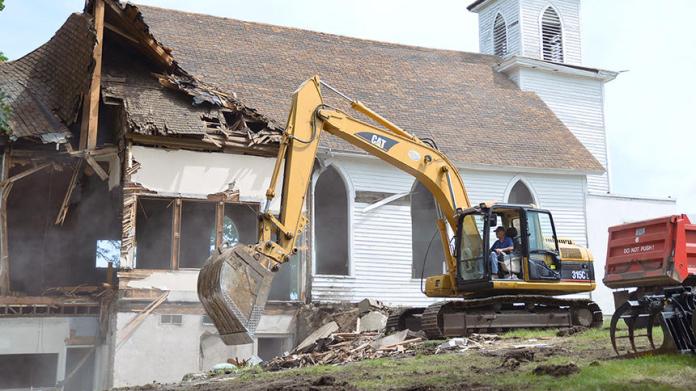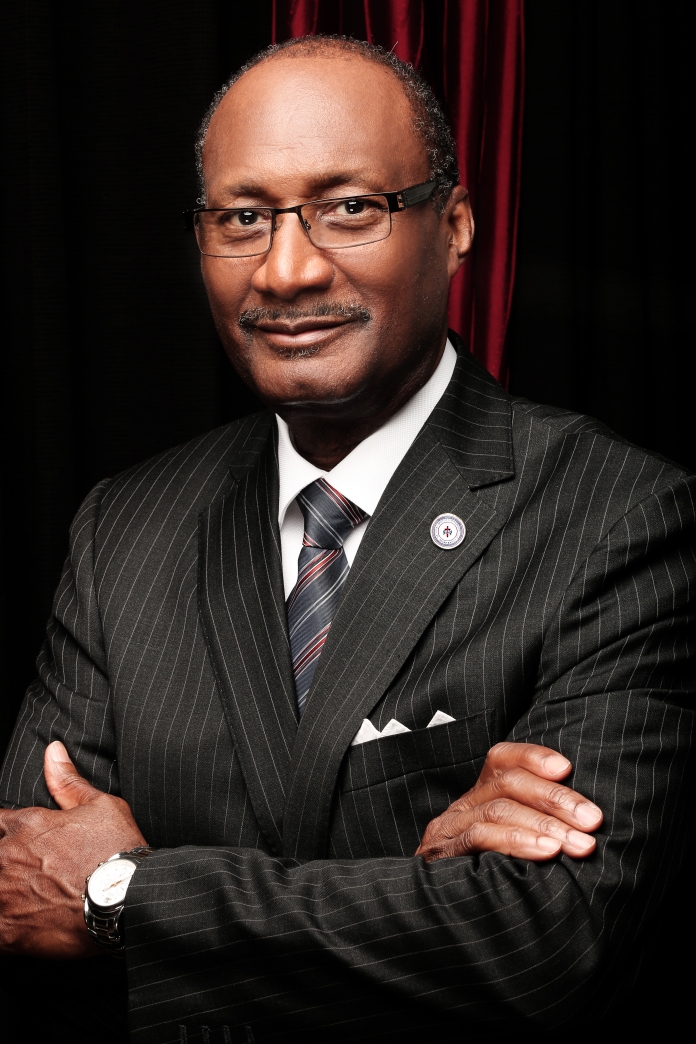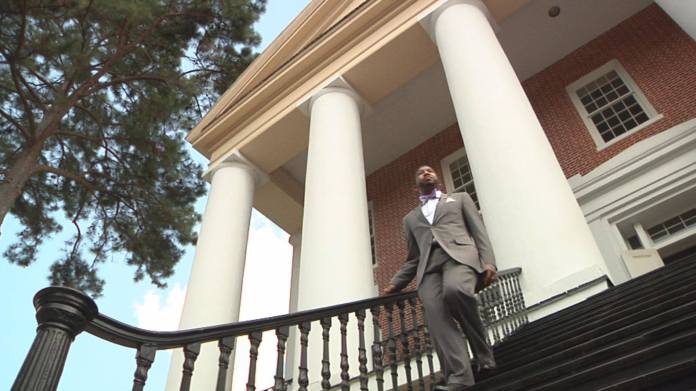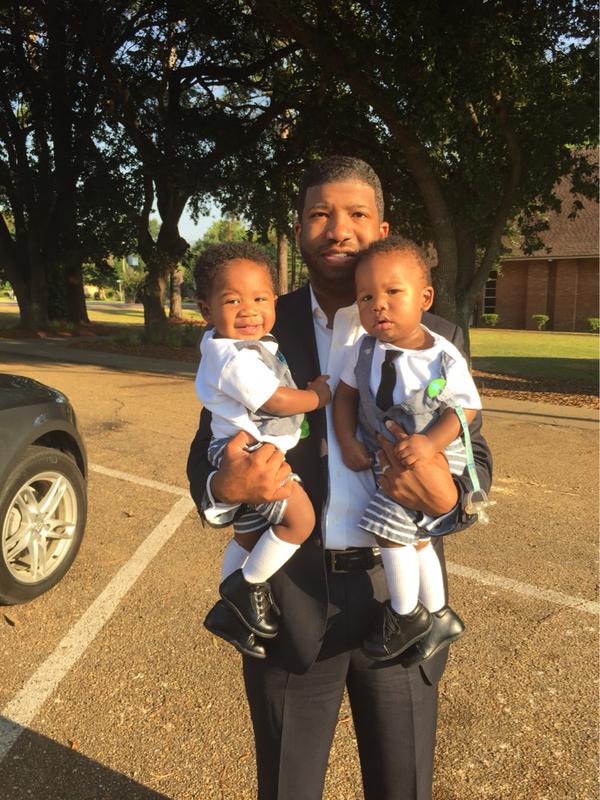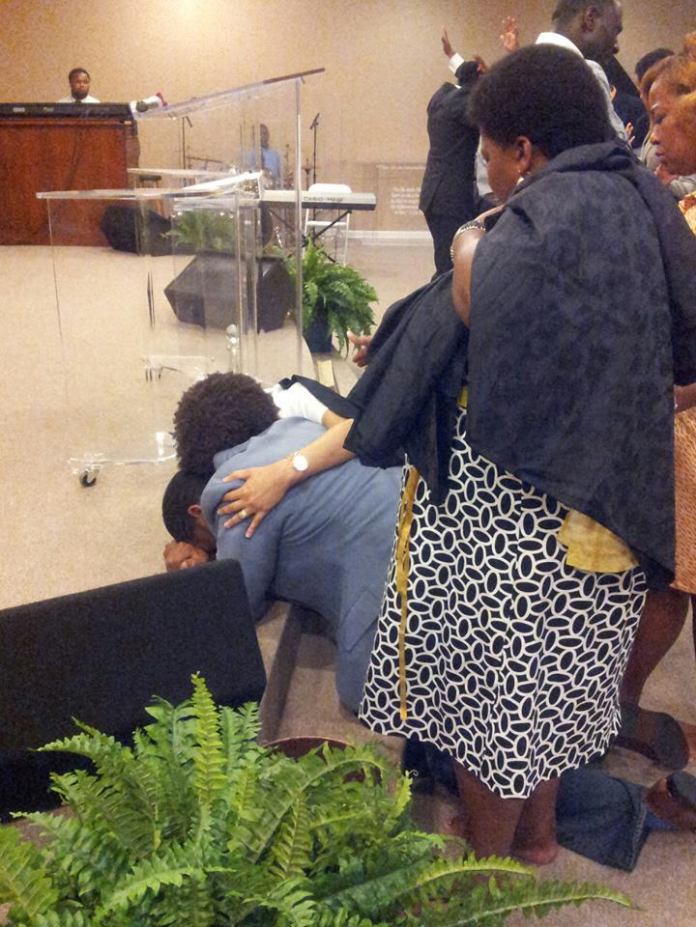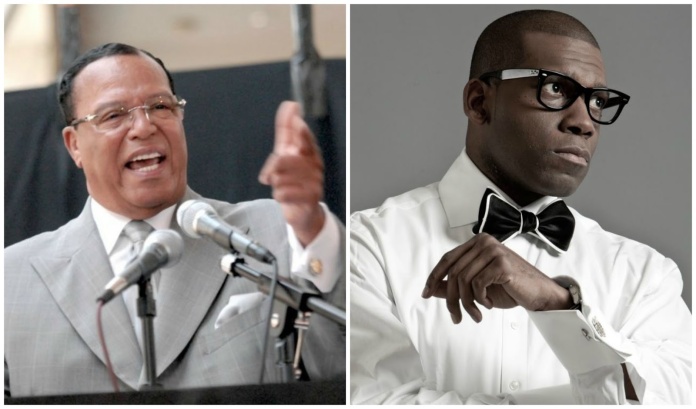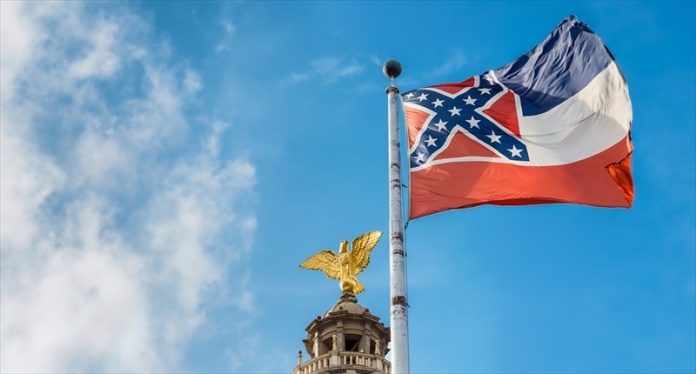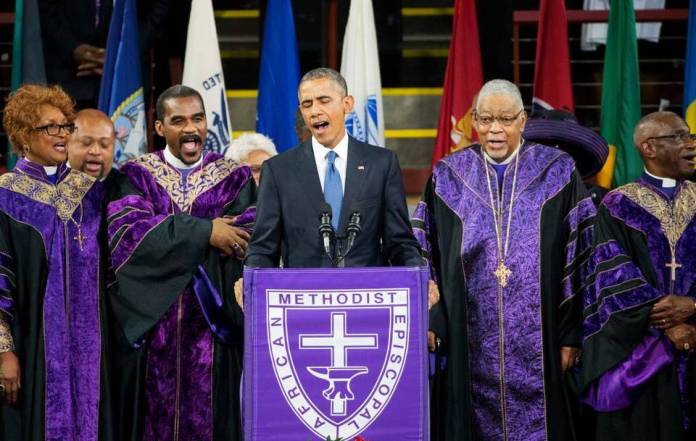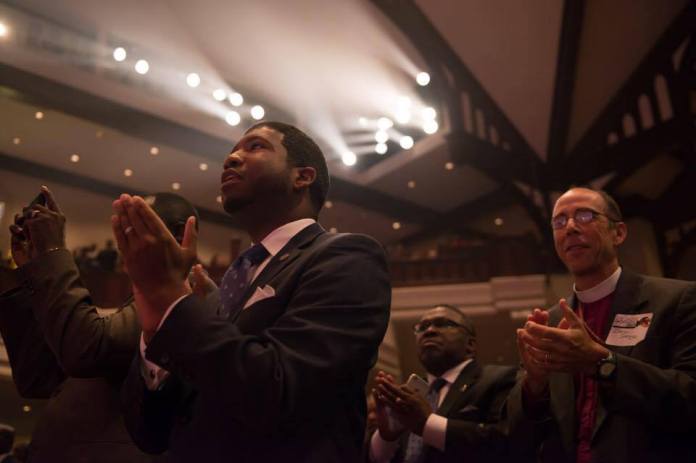
Every day should be a day of thanksgiving. King David sings, “I will bless the Lord at all times: his praise shall continually be in my mouth.” (Psalm 34:1) It is right for us to always give our thanks and praise to the one from who all blessings flow. James tells us, “Every good gift and every perfect gift is from above, and cometh down from the Father of lights, with whom is no variableness, neither shadow of turning.” (1:17)
God is our eternal source, our foundation and fountain for everything we are and hope to be. A deep sense of gratitude should thus pervade us from the moment we wake up until that second we go to sleep. The saints used to praise God because their beds weren’t their cooling boards and because the Lord woke them up right on time with a finger of love. The activities of their limbs and being clothed in their right minds were also reasons enough to give thanks. Of course, we can add so many other things for which to be grateful, but nothing in our lives can be taken for granted when we assess just how gracious the Lord is.
Whether we are grateful for healthy bodies, sound minds, or in spite of adverse health conditions, we owe God praise. How especially blessed have I been when I’ve encountered amazing women and men of God who were uncanny is their devotion to “him in whom we live and move and have our being.” (Acts 17:28) Contrary to what the extrinsic situations may have been, their hands remained lifted to God in adoration. In plenty and poverty, in victory and defeat, they knew God’s love was unfailing. Their testimony encouraged me to see life’s setbacks, as well as life’s forward movement, as equally pregnant with God’s will. This is hard to do. It’s easy to see ourselves as victims to cosmic forces beyond our control. We can constantly compare ourselves to the person we look up to or even loathe, feeling that we don’t measure up. More tragically, many of us have walked through death valley, or have had someone we love stop in death valley and never return. The holidays are festive times for many but they can also be times of lamentation for people well acquainted with sorrow.
But like those men and women of God whose lives tutored me, we must choose to praise God for the good and the bad. The Psalmist exclaims repeatedly that we are to give thanks for the Lord is good and his mercy endures forever. (Ps. 106:1; 107:1; 118:1; 136:1) What we go through doesn’t always seem praiseworthy or merciful, but in a closer walk with Jesus we see God transforming us in and through it. You can’t help but see this truth vividly displayed in the Bible. The heroes and sheroes of our faith had their share of pain and doubt. Abraham and Sarah, Moses, Rahab, Ruth, David, Job, Peter, Paul. But they believed God, praised him anyhow, counted it all joy.
God’s enduring mercy is ultimately expressed in the Gospel of Jesus Christ, which is God’s power unto salvation to them that believe. (Romans 1:16) God so loved the world He created that He sent His unique Son into it to bring divine love, light and liberation. (John 3:16; 1:1-18) This didn’t come easily. Isaiah prophesied, “He is despised and rejected by men, A man of sorrows and acquainted with grief. And we hid, as it were, our faces from Him; He was despised, and we did not esteem Him. Surely He has borne our griefs and carried our sorrows; yet we esteemed Him stricken, Smitten by God, and afflicted.” (Is. 53:3-4) Christ did all that for us. “He was wounded for our transgressions, He was bruised for our iniquities; the chastisement for our peace was upon Him, and by His stripes we are healed.” (v 5) Thank you, Jesus! We who have turned from darkness to the Almighty’s radiance experience “joy unspeakable, full of glory.” (I Peter 1:8) We who have died with Christ can say with Paul, “The life I now live in the body, I live by faith in the Son of God, who loved me and gave himself for me.” (Galatians 2:20)
This Thanksgiving we certainly thank God for family and friends, for employment and enjoyment, for the mountains as well as the valleys. Even in tragedy we remain grateful that God sustains us despite it, enabling us to have “anyhow” praise. These gifts are wonderful. Of greater importance is our relationship with the One Who created, sustains, and redeems us. How awesome it is to be loved and cared for by God. I pray that as we sit around the dinner table, or in front of the TV, we will not forget to meditate on the goodness of the Lord. “[W]hatsoever things are true, whatsoever things are honest, whatsoever things are just, whatsoever things are pure, whatsoever things are lovely, whatsoever things are of good report; if there be any virtue, and if there be any praise, think on these things.” (Philippians 4:18)
